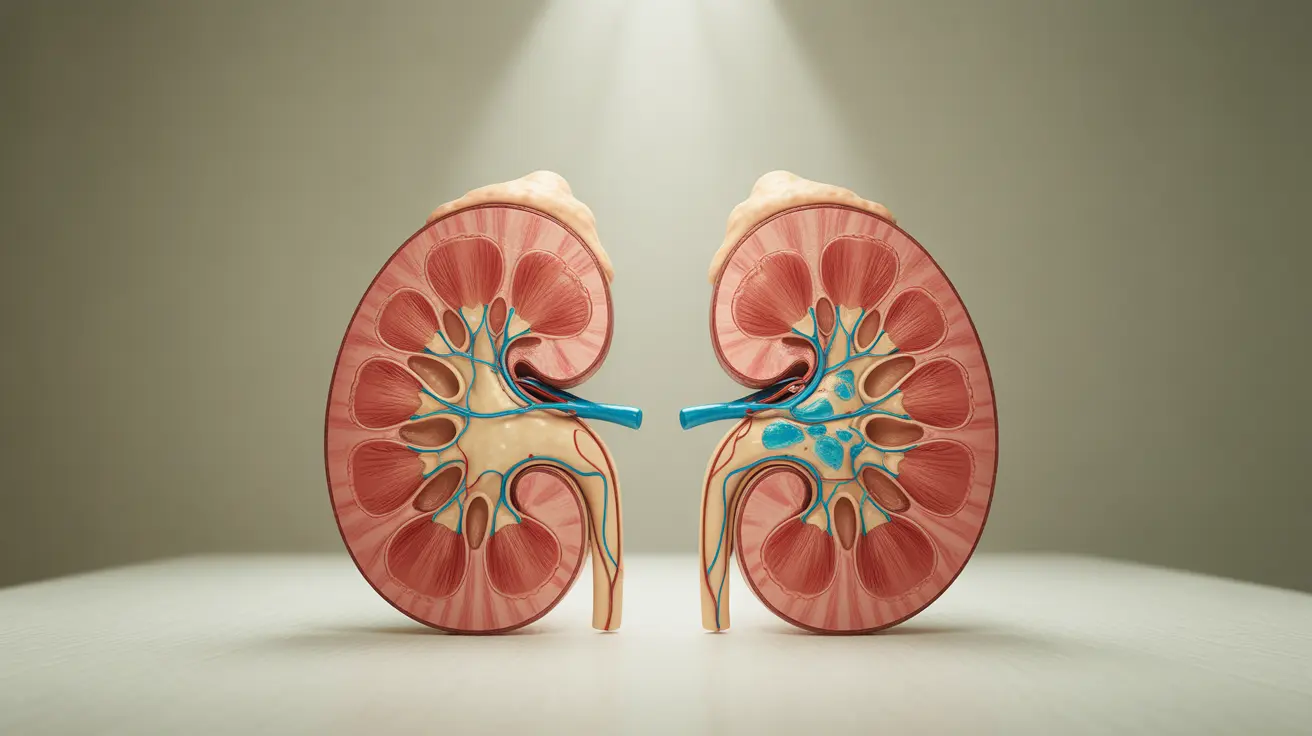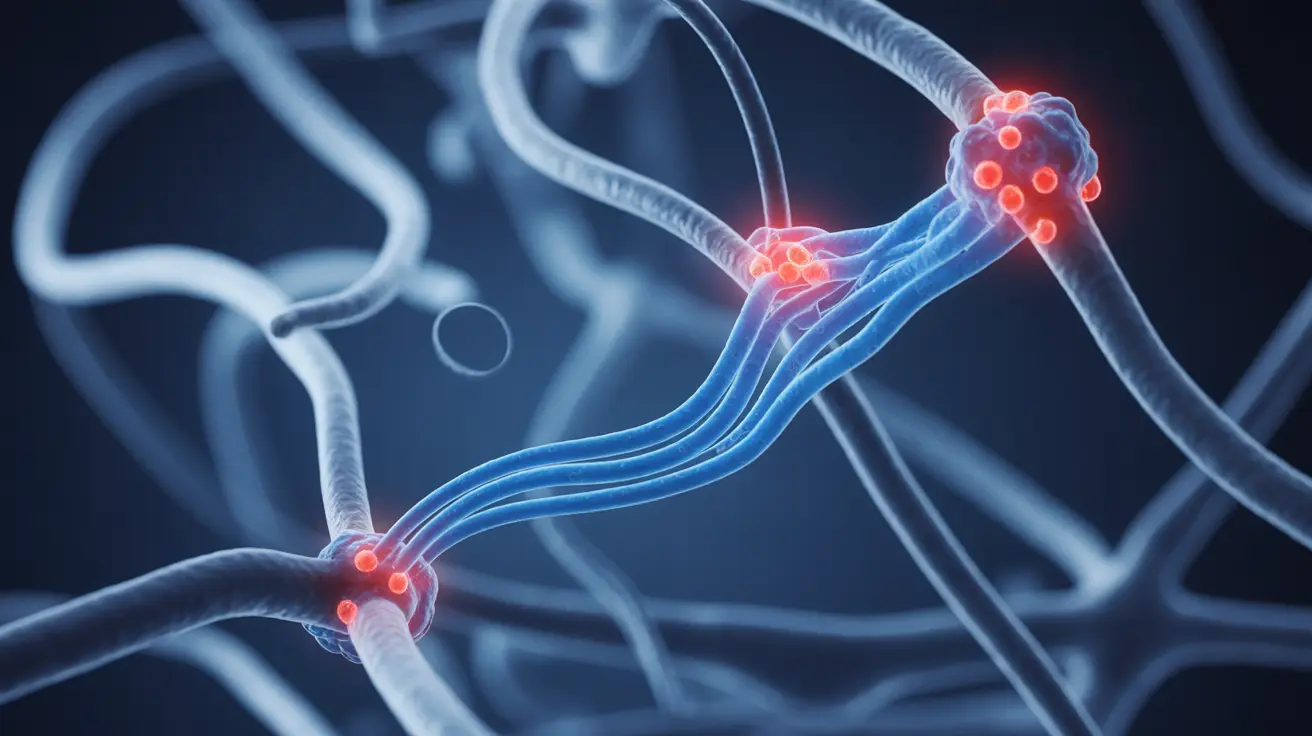Living with psoriatic arthritis requires careful attention to your diet, as certain foods can either help manage or potentially worsen inflammation and symptoms. Understanding which foods to avoid and which to embrace can make a significant difference in managing your condition and improving your quality of life.
This comprehensive guide will explore dietary choices that may impact psoriatic arthritis symptoms, helping you make informed decisions about your nutrition while managing this challenging condition.
Understanding the Connection Between Diet and Psoriatic Arthritis
Research suggests that certain foods can trigger inflammation in the body, potentially exacerbating psoriatic arthritis symptoms. By identifying and eliminating these trigger foods, many people experience reduced inflammation and better symptom management.
Foods That May Worsen Psoriatic Arthritis Symptoms
Processed Foods and Added Sugars
Highly processed foods and those containing added sugars can increase inflammation in the body. These include:
- Packaged snacks and desserts
- Sugary beverages
- White bread and refined grains
- Processed meats
Dairy Products
Some individuals with psoriatic arthritis report improved symptoms when limiting or eliminating dairy products. Consider monitoring your body's response to:
- Whole milk
- Cheese
- Ice cream
- Full-fat yogurt
Alcohol and Caffeine
Both alcohol and excessive caffeine consumption may trigger inflammation and interact with certain medications used to treat psoriatic arthritis. Moderation or elimination might be beneficial for symptom management.
Beneficial Dietary Approaches for Psoriatic Arthritis
The Mediterranean Diet
This diet has shown promising results in reducing inflammation and managing autoimmune conditions. Key components include:
- Olive oil
- Fresh fruits and vegetables
- Whole grains
- Lean proteins
- Fish rich in omega-3 fatty acids
Plant-Based Diet Benefits
A diet rich in plant-based foods can help reduce inflammation and provide essential nutrients. Focus on incorporating:
- Leafy greens
- Colorful vegetables
- Legumes
- Nuts and seeds
- Whole grains
Natural Anti-Inflammatory Foods
Including these foods in your diet may help reduce inflammation:
- Fatty fish (salmon, mackerel, sardines)
- Turmeric and ginger
- Berries
- Green tea
- Extra virgin olive oil
The Nightshade Debate
While some people report sensitivity to nightshade vegetables (tomatoes, peppers, eggplants, potatoes), scientific evidence linking them to arthritis symptoms is limited. Consider keeping a food diary to track your individual response to these foods.
Frequently Asked Questions
1. What foods should I avoid eating to reduce inflammation with psoriatic arthritis? Avoid processed foods, added sugars, excessive alcohol, and potentially dairy products. Some individuals may also need to limit red meat and foods high in saturated fats.
2. Can certain diets, like gluten-free or Mediterranean, help manage psoriatic arthritis symptoms? Yes, many people find relief following the Mediterranean diet, which emphasizes anti-inflammatory foods. A gluten-free diet may help some individuals, particularly those with celiac disease or gluten sensitivity.
3. How does a plant-based diet impact psoriatic arthritis, and what are its benefits? A plant-based diet can reduce inflammation, provide antioxidants, and support overall health. It may help manage symptoms by providing essential nutrients while minimizing exposure to potentially inflammatory animal products.
4. Are nightshade vegetables safe to eat if I have psoriatic arthritis, or should I avoid them? While some people report sensitivity to nightshades, there's no scientific consensus that they worsen arthritis symptoms. Keep a food diary to determine if they affect your symptoms personally.
5. What are some natural ways to reduce psoriatic arthritis flare-ups through nutrition and lifestyle changes? Focus on anti-inflammatory foods, maintain a healthy weight, stay hydrated, exercise regularly, and manage stress. Consider incorporating omega-3-rich foods and limiting processed foods and added sugars.
Remember to consult with your healthcare provider before making significant changes to your diet, as individual responses to different foods can vary.




